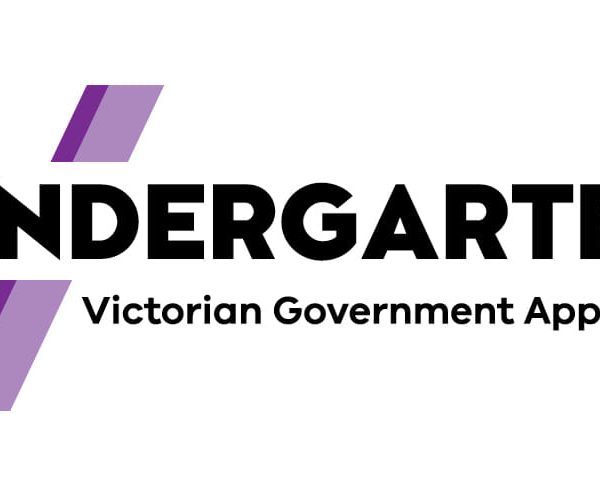Some Vic kindergartens balk at free kinder program concerned subsidy isn’t enough

Some of the most expensive not-for-profit kindergartens in Victoria have yet to sign up for the State Government’s free kinder program, concerned that the $2500 funding per child isn’t enough to cover the cost of their programs.
For St Paul’s Anglican Kindergarten in Canterbury, signing on to the free kinder program would see the service lose up to $100,000 next year, something which Vice President of the service’s management committee, Pam Nasiakos, said represents a catch 22 situation.
“On the one hand, they can accept the subsidy and run at a loss. Alternatively, they don’t accept the subsidy, lose enrolments and run at a loss,” she told WA Today.
St Paul’s charges $4000 and $5200 for three- and four-year-old kindergarten, which includes bush kinder, yoga, music, sports and longer hours. Ms Nasiakos said St Paul’s charged fees above the government’s free kinder amount because of its longer hours, extracurricular activities and to pay the rent and for high-quality staff.
Kinders are allowed to fundraise and accept voluntary parent contributions but the Victorian system differs from New South Wales, which allows community centres to charge fees to cover any shortfall.
In 2023, the Victorian Government will fund sessional kindergartens and long day care centres to provide up to 15 hours of kinder for three and four-year-olds each week. In 2020, 93 per cent of sessional kinders had out-of-pocket costs for families of less than $4 an hour, or $2400 a year per child, making the free kinder program attractive. The remaining seven per cent are among the most expensive in the country.
Peak body Community Early Learning Australia has pushed the NSW Government to allow community kinders to continue charging fees, but members in Victoria, CEO Michele Carnegie explained, had not asked for the same.
“This is a lever that we advocated strongly for [in NSW], as services’ primary costs (rent and salaries) can vary depending upon location. As such, there is a need to be able to make up any funding shortfall by charging a fee,” she told WA Today.
Early Childhood Australia (ECA) CEO Samantha Page said introducing free kinder would likely cause some tension, noting that services which run higher child-staff ratios or higher-quality programs will have higher costs “and will get pinched.”
“But if you’ve got the majority of services opting in [to free kinder], families have access and choice.”
Long-day childcare centres will receive $2000 per child to run the free kinder program. Parents at those centres also receive a federal government childcare rebate for care outside of kinder hours. Sessional kinders do not receive a childcare rebate for after- or before-kinder care.
Victoria’s Minister for Early Childhood and Pre-Prep, Ingrid Stitt, said that providers who opt out of free kinder “will continue to receive significant government support.”
“Any centre [that] employs more experienced staff is already eligible for the early childhood teacher supplement, an additional state government payment that helps pay the wages of experienced staff,” she said. “But any parent accessing our government’s free kinder program will not pay a ‘gap fee’.”
To read the original coverage of this story please see here.
Popular

Policy
Practice
Provider
Quality
NSW Government launches sweeping reforms to improve safety and transparency in early learning
2025-06-30 10:02:40
by Fiona Alston

Events News
Marketplace
Practice
Provider
Quality
Research
Workforce
How do you build and keep your dream team? ECEC Workforce and Wellbeing Forum tackles the big questions
2025-06-24 15:20:53
by Fiona Alston

Economics
Provider
Quality
Practice
Policy
Workforce
South Australia announces major OSHC sector reforms aimed at boosting quality and access
2025-06-30 09:49:48
by Fiona Alston












